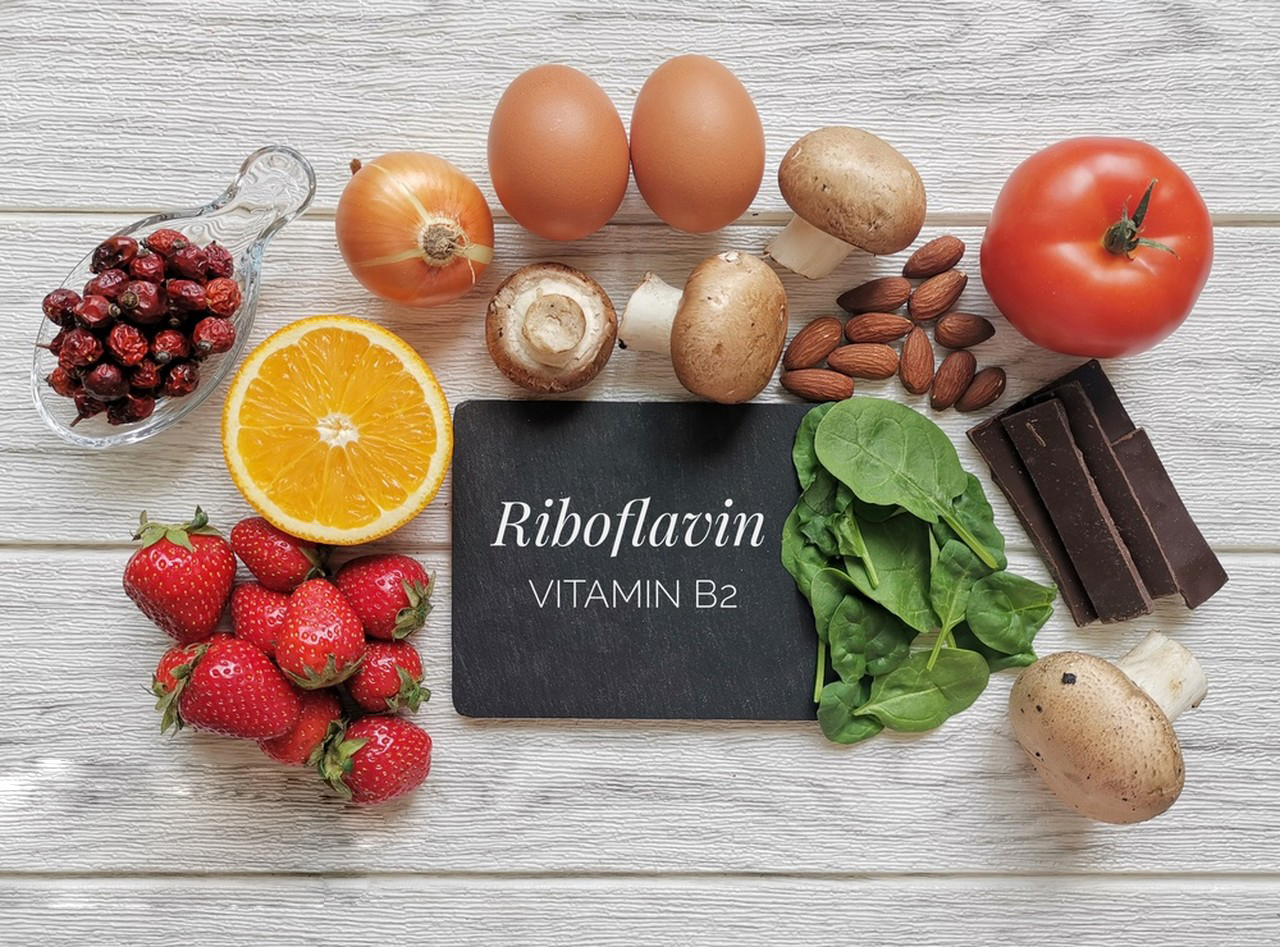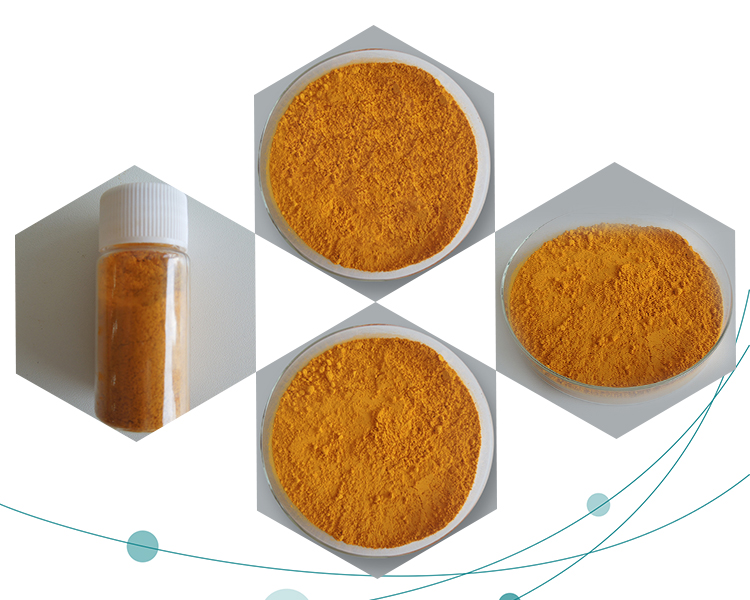Riboflavin, also known as vitamin B2, is a crucial nutrient that plays several important roles in the body’s functioning:
1.Energy Production: Riboflavin is essential for converting carbohydrates into adenosine triphosphate (ATP), the body’s main source of energy.
2.Antioxidant Activity: It acts as an antioxidant, helping to protect cells from damage caused by free radicals, which are unstable molecules that can harm cellular structures.
3.Maintenance of Tissue Health: Riboflavin is involved in the maintenance of healthy skin, eyes, and nervous system. It also supports the production of hormones.
4.Red Blood Cell Production: It plays a role in the production of red blood cells and helps to transport oxygen throughout the body.
5.Supports Growth and Development: Riboflavin is particularly important during periods of rapid growth, such as pregnancy, infancy, and adolescence.
6.Metabolism of Other Nutrients: It assists in the metabolism of other B vitamins, such as folate and vitamin B6.

Food Sources
Riboflavin is found naturally in many foods, including:
Dairy products (milk, cheese, yogurt)
Meat (especially liver and kidney)
Eggs
Green leafy vegetables
Whole grains and enriched cereals
Deficiency and Symptoms
Riboflavin deficiency is rare in developed countries but can occur in individuals who have poor dietary intake or certain medical conditions. Symptoms may include:
Cracks or sores on the corners of the mouth (cheilosis)
Swollen, red tongue (magenta tongue)
Sore throat
Sensitivity to light (photophobia)
Dry, itchy, or burning eyes

Recommended Intake
The recommended dietary allowance (RDA) for riboflavin varies by age and gender, but for adults, it is typically around 1.3 mg per day for men and 1.1 mg per day for women.
Conclusion
Riboflavin is essential for overall health and well-being, playing key roles in energy metabolism, antioxidant defense, and the maintenance of healthy tissues. A balanced diet that includes a variety of foods rich in riboflavin is generally sufficient to meet daily requirements.
